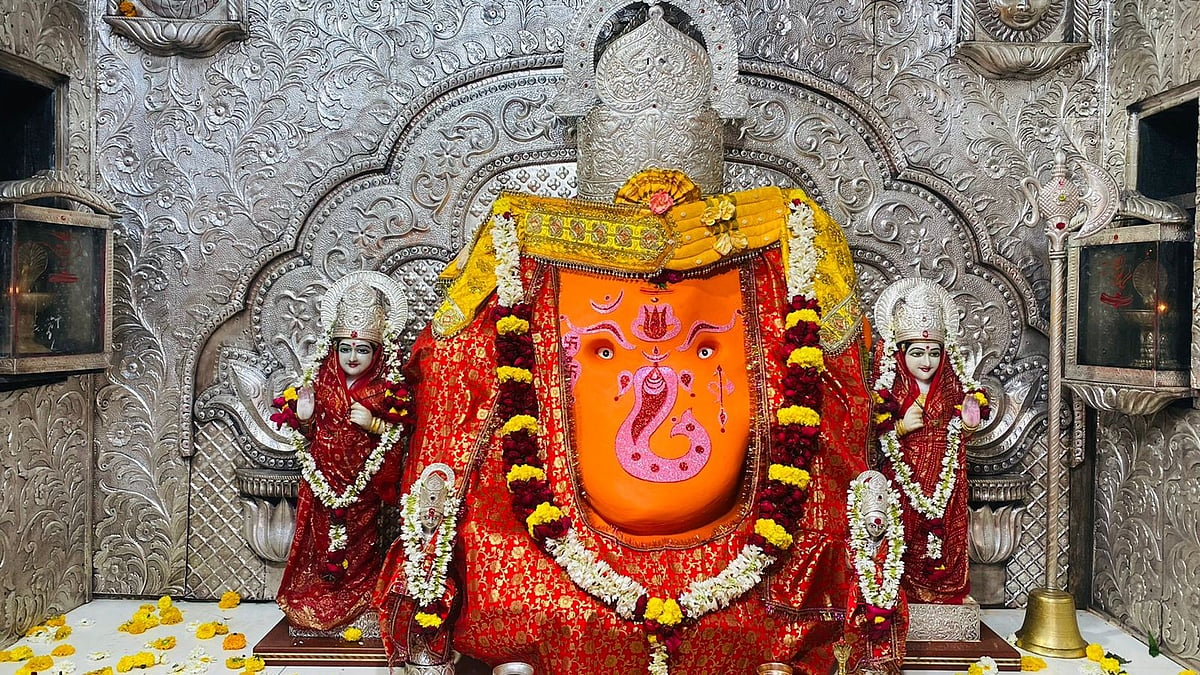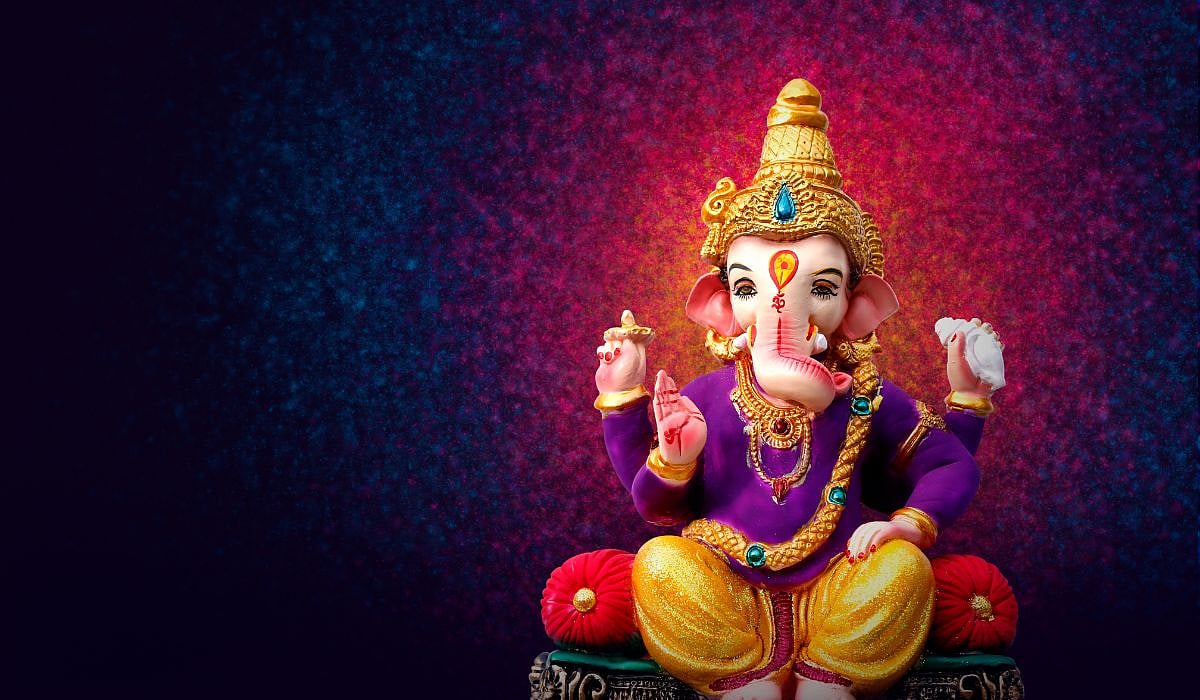Ganesh Chaturthi, one of the most celebrated Hindu festivals, will be observed in 2025 with immense devotion and grandeur across India. Lord Ganesha, the elephant-headed deity, is worshipped as the Vighnaharta (remover of obstacles), but he is also widely revered as the God of Knowledge and Wisdom. His divine symbolism and stories from scriptures explain why.
Lord Ganesha's story
According to Hindu mythology, Lord Ganesha is the son of Lord Shiva and Goddess Parvati. His unique elephant head itself carries deep meaning. The large ears represent the importance of listening and gaining knowledge, while his small eyes symbolise focus and concentration. His trunk, flexible yet strong, denotes adaptability — an essential quality of a wise mind.
One of the most well-known stories highlighting his wisdom is the competition between him and his brother Kartikeya. Asked to circle the world, Kartikeya set off on his peacock, while Ganesha simply circled his parents, declaring them his world. This act of intelligence and devotion earned him the title of the wisest among gods.

Lord Ganesha | FPJ
Lord Ganesha is associated with Mahabharata
Ganesha is also associated with the scripture Mahabharata, as he is believed to have written it down while Sage Vyasa narrated. This further signifies his role as the god of intellect, learning, and knowledge.
During Ganesh Chaturthi, devotees pray not just for prosperity but also for clarity of mind and wisdom to overcome challenges. Students and seekers of knowledge often invoke him before beginning new studies, exams, or ventures.
Significace
Thus, Lord Ganesha's symbolism goes beyond festivals and rituals. He embodies the qualities of sharp intellect, patience, humility, and the ability to discern truth. In 2025, as devotees welcome Bappa with chants of Ganpati Bappa Morya, they also celebrate the guiding light of knowledge and wisdom that he represents.










